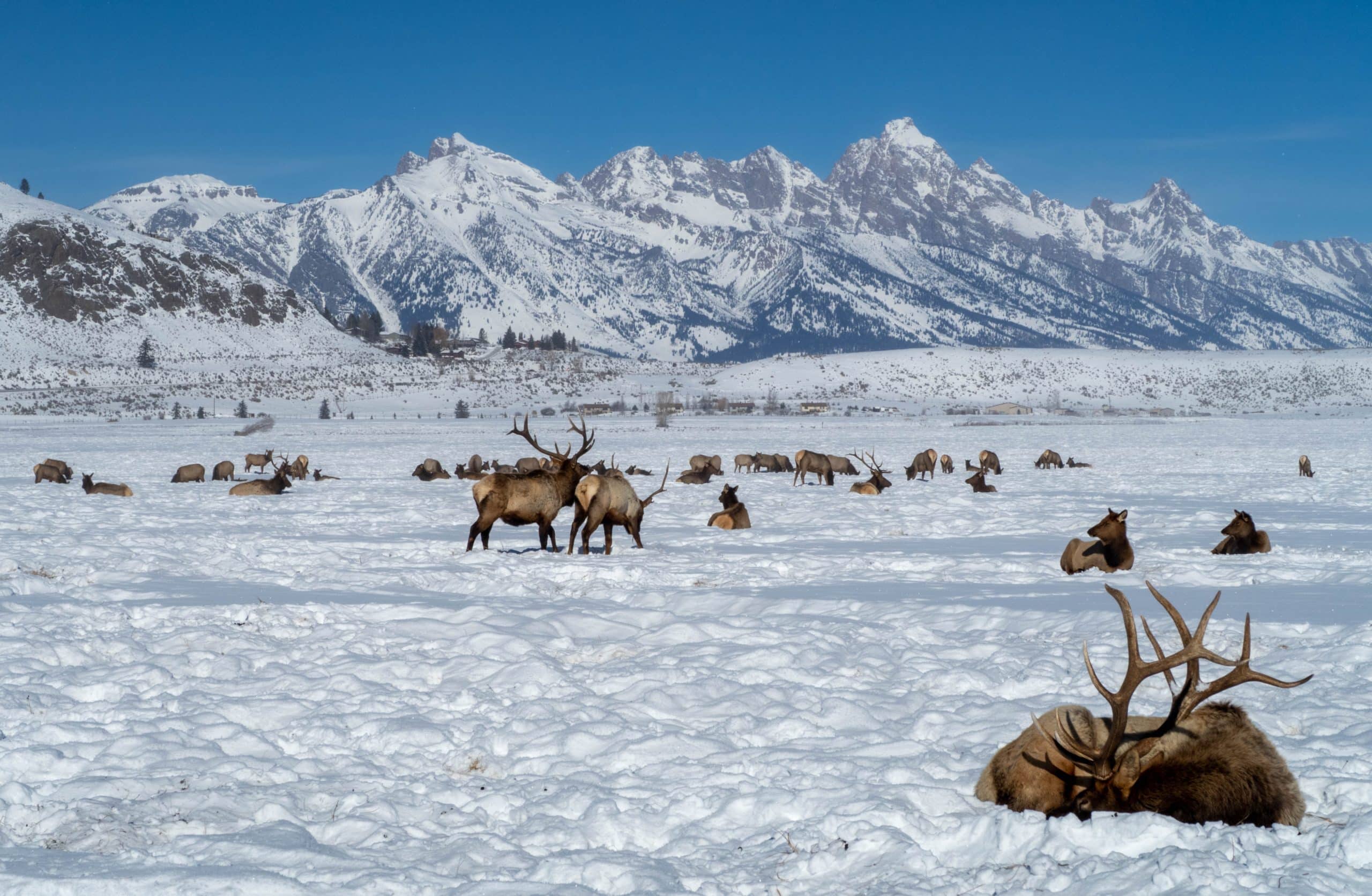Protecting Arctic Communities & Wildlife

The Arctic National Wildlife Refuge (ANWR), located in northeastern Alaska, is the largest national wildlife refuge in the country. It is home to a diverse range of wildlife, including hundreds of fish, mammals and migratory birds. The refuge is also on Gwich’in land and is sacred to the Gwich’in nation.
That’s why when oil and gas lease sales on the refuge began taking place in January 2021, environmentalist and Indigenous groups were alarmed. The fossil fuel industry has been advocating to drill on the 19 million acres on Alaska’s North Slope.
Friends of the Earth has long worked with Indigenous groups to empower their voices and advocate for the protection of their lands. And we put intense pressure on Wall Street investment firms which led to all major banks having policies against funding drilling in the Arctic Refuge. We also protested at Chevron’s shareholder meeting to tell them to keep their drilling out of the pristine Arctic Refuge!
On the legislative side, we encouraged Members of Congress to pass the Arctic Cultural and Coastal Plain Protection Act — a bill to block oil and gas drilling in ANWR — and supported House reconciliation language that would repeal the Arctic Refuge drilling program.
We also took the fight to court. Friends of the Earth joined Earthjustice, Greenpeace and Sierra Club to file a lawsuit challenging the Bureau of Land Management’s approval of exploratory drilling in the Western Arctic.
And thankfully, our demands have been met with success with two drillers dropping their leases! This is yet another blow to efforts to drill in the protected wilderness that means so much to local communities and creatures. Those celebrating the news include the local Gwich’in nation and countless environmental groups. And because the Wildlife Refuge is also home to federally protected polar bears and the Porcupine caribou herd, the threat of oil and gas drilling in the area would be devastating.
After the two drillers — Knik Arm Services and Regenerate Alaska — backed out of the project, the only remaining lease holder in the refuge is the state of Alaska. Which means there is still work to be done. We will continue our fight to protect public lands that mean so much to communities and wildlife.
